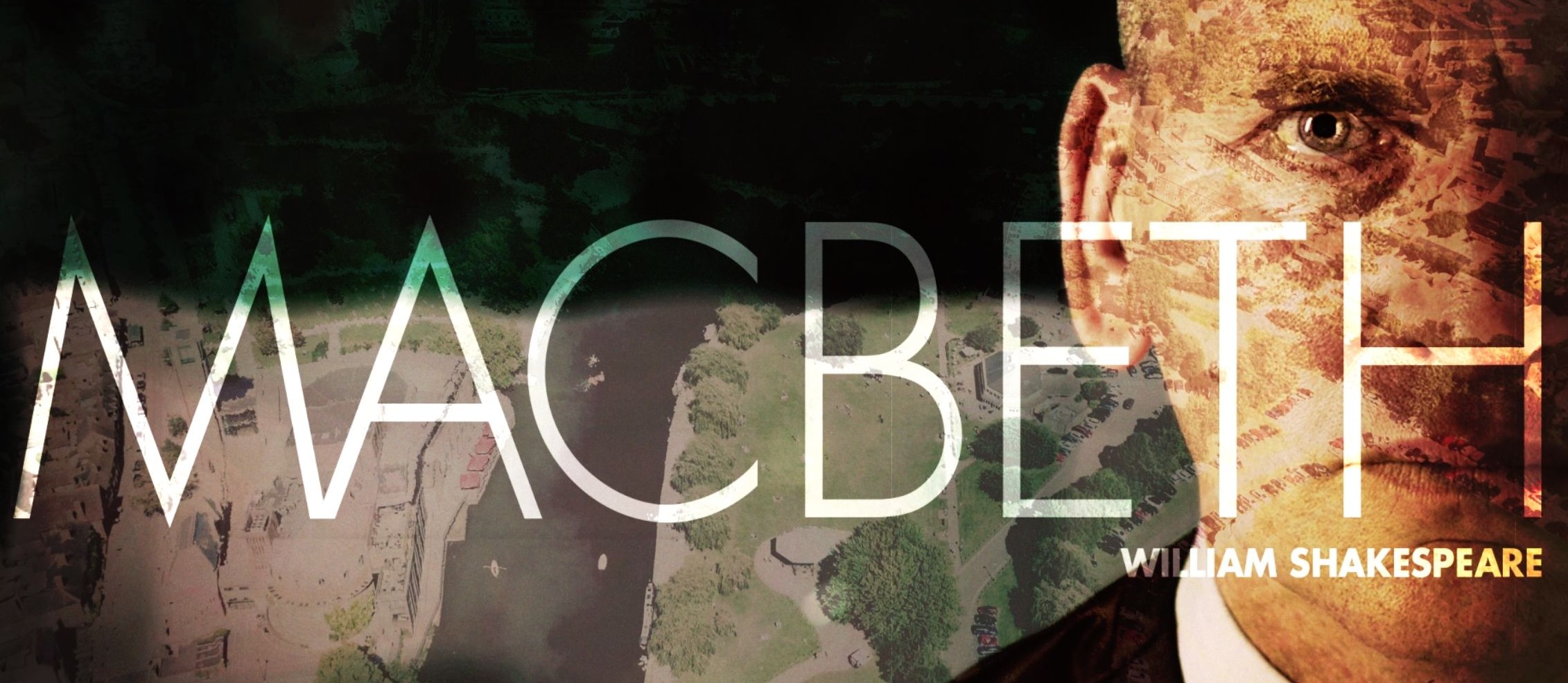‘Hell’s Waiting Room’: review of Macbeth at the RSC
The fact that our two national companies have proven themselves incapable of producing a satisfying production of Macbeth says little for the state of Britain’s theatre scene. Of course, Macbeth is by no means a play easily conquered: many of history’s finest actors – including Gielgud, Richardson, Laughton, and O’Toole – have crumbled in its wake. During the last 50 or so years, two productions alone remain in unanimously high regard (Trevor Nunn’s in 1976 and Rupert Goold’s in 2007, both for the RSC).
However, while the demise of the National Theatre’s recent production was somewhat predictable (its director, Rufus Norris, has avoided Shakespeare for 25 years, and all three of the National’s previous Macbeths have been tepidly received at best), Polly Findlay’s new production for the RSC makes for an unexpectedly strange disappointment: it is both elevated and ultimately dashed by its own frequently imprudent ideas.
Polly Findlay frequently neglects to consider whether her more radical conceptions will translate visually
One such idea is the decision to emphasise the misery (and indeed insecurity) of an heirless king in a world preoccupied with lineage. This sense of involuntary childlessness can be read in a number of inventive directorial moments: Lady Macbeth cradles her stomach despairingly on the line, “I have given suck, and know how tender ’tis to love the babe that milks me”; both Macbeth and Lady Macbeth shower Fleance, Banquo’s young son, with attention, appearing wounded as Banquo moves to leave (“Goes Fleance with you?”); and Lady Macduff is not only played pregnant, but her murder and that of her children is executed to the deafening wail of crying babies.
While moments such as these elucidate the psychological torment that drives the Macbeths to behave as they do, Findlay frequently neglects to consider whether her more radical conceptions will translate visually: the choice, for example, to cast the witches as onesie-clad children not only deprives them of their menace but makes a mockery of Banquo’s line, “What are these so withered and so wild in their attire, that look not like th’ inhabitants o’ th’ Earth?” The decision to have the Scottish noblemen accompanied onstage by their diminutive heirs also backfires, giving the accidental impression of a ‘Bring Your Child to Work Day’ at Inverness Castle.
What with Hodgson’s incessant hovering… the “hell-gate” that the Porter describes better resembles hell’s waiting room
Findlay’s production is also intimately concerned with notions of time and inevitability, emphasising that from the moment he first touches the crown, Macbeth’s bloody fate is irredeemably sealed. In a bold yet characteristically short-sighted move, Findlay places a clock onstage that begins ticking at the moment of Duncan’s murder – a choice that regrettably backfires, serving only to remind the audience of the distance between themselves and the interval.
This sense of inevitability is embodied by Michael Hodgson’s seemingly omnipotent Porter, who remains onstage throughout the entire performance. While Hodgson’s ghostly caretaker makes for a genuinely creepy presence (the beat he takes before silently adding a line to his tally upon hearing Lady Macbeth’s suicide is eerily effective), his constant background fidgeting (a number of scenes are interrupted by a vacuum-cleaner) and misplaced touches of comedy succeed only in eliciting the occasional bewildered chuckle from the audience and diluting the tension throughout. What with Hodgson’s incessant hovering, and the water-cooler and fern of Fly Davis’ office-like set, the “hell-gate” that the Porter describes better resembles hell’s waiting room.
In this inconsistent and tangled production, it is Niamh Cusack’s performance alone that scrapes back the price of entry
One of the more worrying failures of Findlay’s production is the generally low standard of verse-speech among its company. While Christopher Eccleston conjures a convincingly natural rendering of a man stripped bare by his own ambitions, he refuses to acknowledge the rhythm of the verse, occasionally slipping into the unintelligible (this has little to do with Eccleston’s accent – Ian McKellen’s Northern Iago in the RSC’s 1989 Othello was rightfully lauded). Eccleston isn’t the only offender – Raphael Sowole’s Banquo is sporadically inaudible, and a number of other cast members treat the verse with all the musicality of a broken guitar. This dropping of standards represents a concerning trend in the RSC, encouraging their actors to retain their ‘authenticity’ rather than grapple with the John Barton/Peter Hall doctrine that has sustained them for the last 57 years. With increasingly rare exception, English theatre appears to be forgetting that it exists to please its audience, not its actors.
At the centre of all this confusion, however, is Niamh Cusack’s remarkable, morbidly-spirited Lady Macbeth. Cusack presents us with a woman entirely dependent on a façade of normality and marital bliss – whether it be the overly effusive manner with which she greets the noblemen at Inverness, or the way that she and her husband pose for applause when the royal party discovers them kissing. As the play progresses, we begin to catch the occasional glimpse of the deep well of grief that lies beneath; for this Lady Macbeth, the promise of royalty quickly becomes the light at the end of a very dark tunnel indeed. While Findlay’s misdirection is frequently stifling (the sleepwalking scene is far too animate, and the decision to send Lady Macbeth into the audience is especially unfortunate), in this inconsistent and tangled production, it is Cusack’s performance alone that scrapes back the price of entry.

Comments